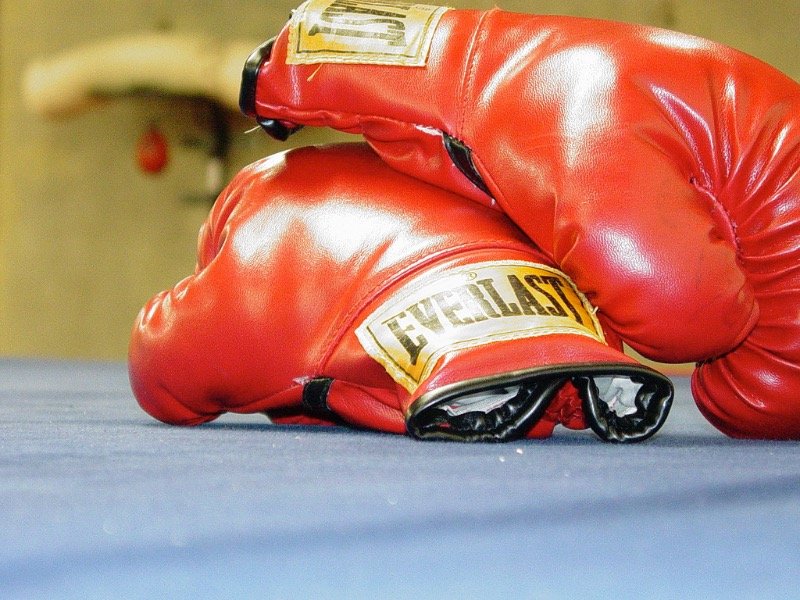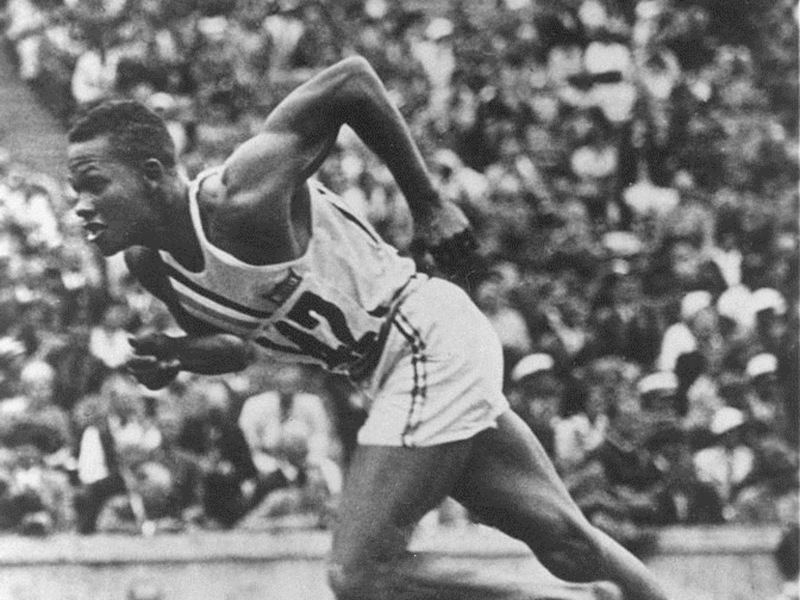Between the years 1890 and 1900, white boxers John L. Sullivan, James J. Corbett, Bob Fitzsimmons and James J. Jeffries held the title of heavyweight champion of the world. Boxing was the king of sports then, and everyone knew who they were. It was equally well known that they would never risk their prestigious championship against a black man in the ring – because all four champions emphatically stated so in public.
Bert Tate wasn’t in their league pugilistically, but even had that not been the case, Milwaukee’s first notable black boxer still would have been left out in the cold by the color line that kept heavyweight fighters of his race from going after the big enchilada.
Out in the cold is actually where most of Tate’s fights took place, because prize fighting was illegal in Wisconsin until 1913. To avoid hindrance by the law, in the 1890s, bouts were usually held after midnight in barns or roadhouses well outside of town.
On March 18, 1894, Tate was supposed to fight Joe King, another black heavyweight, in Menasha, but a Winnebago County sheriff’s deputy arrived on the scene and intervened. According to the Oshkosh Daily Northwestern, the fighters "made no resistance when told that they could not have the bout in Winnebago county. They then said they would fight in Outagamie County, and were informed that the officers in Appleton were after them and would have no fighting in that county. Under Sheriff White loitered about the city until late last night shadowing the men, but they made no attempt to carry out their plans."
On the stage of the Menasha Opera House nine days later, with two deputy sheriffs on hand for what was billed as a "10-round sparring match," Tate knocked King out in the fourth round. He somehow got away with it then, but on May 8, when Tate knocked out Joe Smith with one punch at the Klaus Opera House in Green Bay, after Smith was revived a half-hour later, he and Tate were arrested and charged with "breach of the peace" and fined $10.
The 200-pound Tate relied more on brute power than science in the ring. Despite a 46-pound weight advantage, he was knocked out in four rounds in 1896 by Mike Fitzpatrick, "middleweight champion of the northwest," in Sheboygan. A couple years earlier, they’d fought to a draw somewhere beyond the city lights on the Janesville Road.
Tate didn’t quit or quail when things took an unexpected turn. At a roadhouse on West Blue Mound Road on Jan. 14, 1900, the man he was supposed to fight took a powder. An ex-cop named Johnny France stepped out of the crowd of around 100 persons and volunteered to fight Tate. He was agreeable, and they went six rounds to a draw.
A little law and order might have been welcome at some of those middle-of-the-night battles. In The Milwaukee Journal of Jan. 30, 1902, someone called "Old Sport" reminisced thusly:
"I remember one night when Bert was to meet a local fellow by the name of Raymond who was somewhat of a wrestler, who got the idea into his head that he could fight, so Bert was to take him on.
"The battle was to take place in a little low shed and all the bunch was on hand, together with a knot of Bert’s countrymen. Well, things got a’going pretty well and Bert cops the guy with a haymaker and he goes to sleep, and Bert swelled all up, and started back to his corner, when a brother of Raymond’s grabs a bottle and starts after Bert, whose back was turned. He had plenty of time to land it on Tate’s head, but he seemed to weaken just when someone in the crowd yelled to Bert to look out. Tate gave just one look round and that was enough. There was a small window a few feet from the ring and for this Bert made a dive and in a minute everyone in the place was on the move and inside of a couple of seconds there were just two of us left. Bert and his crowd never stopped running until they got about a mile away and it was an hour afterwards before anyone showed up for Tate’s clothes. Tate in his hurry had not stopped for anything, but made the run in his fighting clothes and it was not any too warm either that night."
For that fight alone, Wisconsin’s "colored heavyweight champion," as Bert Tate was often called, deserves a turn in the "Black History Month" spotlight.







